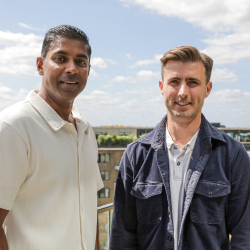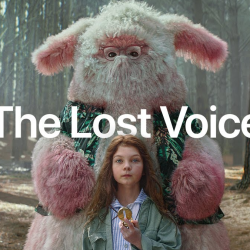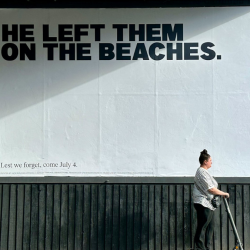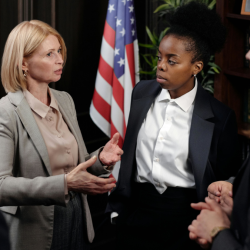It was the early summer of 1964, and I was a young undergraduate at Oxford…
I had piloted my Morris Minor over to Cambridge for the weekend with a girlfriend, who had an aunt living just outside the city. She had kindly invited us to Sunday lunch. It turned out that Aunt Josephine’s husband was much younger than her — a 31-year-old don at Trinity College.
I had never before met anyone even remotely like Edward de Bono, of whom at that time, neither I nor anyone much outside his native Malta had ever heard. Conversation at lunch was lively to say the least, unsurprisingly given that de Bono was not just a distinguished academic, but a massively gifted, articulate and voluble polymath. The Vietnam War was in full swing, Douglas-Home’s government was shortly to fall, but we mainly talked about Edward’s plan to change the rules of football!
There are at least seven of his books I can strongly recommend
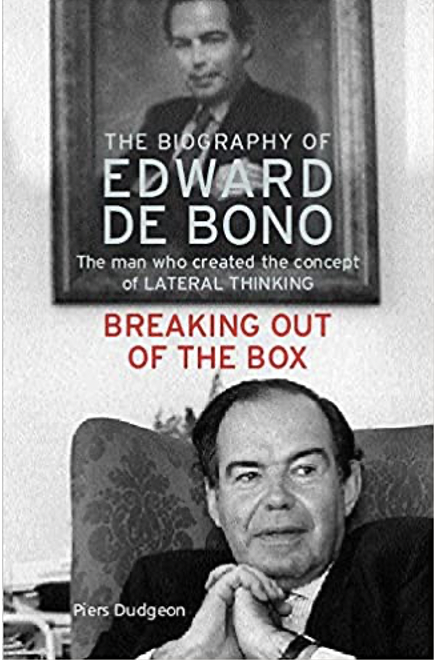
Lateral Thinking obviously. But Simplicity and Six Thinking Hats are a must. You’ll then have 74 more to choose from! But I am recommending Piers Dudgeon’s biography because it covers so much ground, and provides so many reference points. Dudgeon is also frank about some of his failings. Modesty was never a strong suit. He was highly controversial. He made enemies in academia by asserting that education should be about life and not abstracted from it.
Like all serial ideators, he had ideas that were bonkers, alongside touches of genius like PO (the third option from Lateral Thinking when you’re not ready to say YES or NO). With some historians, it’s just a succession of kings. Author biographies can degenerate into a sequence of titles and synopses. Dudgeon does far better than that. De Bono’s life was richly lived. Dudgeon chronicles it, richly and entertainingly.
De Bono had an extraordinary range of interests and areas of expertise. He went to university at 15, qualified as a doctor at 21, matriculated as a Rhodes Scholar at Oxford at 22. He had degrees from 5 universities including Oxford, Cambridge, London and Harvard.
Oh yes, and he invented Lateral Thinking, Parallel Thinking (the Six Thinking Hats), and built a remarkable educational system in CoRT. He consulted for numerous organisations — governmental and corporate. He played a hand in many of the geopolitical issues during his life. He travelled, advised and spoke all over the world. He met most of the great men of three generations, and famously moderated a meeting of Nobel prize winners.
He always challenged logic and orthodoxy
He explained that outside mathematics we as a culture have done nothing about thinking for millennia. What he calls our ‘traditional thinking software’ was developed 2400 years ago by the GG3 (the ‘Greek Gang of Three’: Socrates, Plato and Aristotle) and is in grave need of revision.
He said the situation is a ‘bigger and more urgent danger than climate change’, asserting most problems are the result of poor thinking. ‘Poor thinking will only continue to create problems — conflicts, wars, persecutions and so on. So we not only need better thinking to deal with climate change itself, but to solve international antagonisms and inequalities.’
If only he hadn’t died last year, and was still around today to advise on what to do about Putin.
Featured image: Pawel Czerwinski / Unsplash























